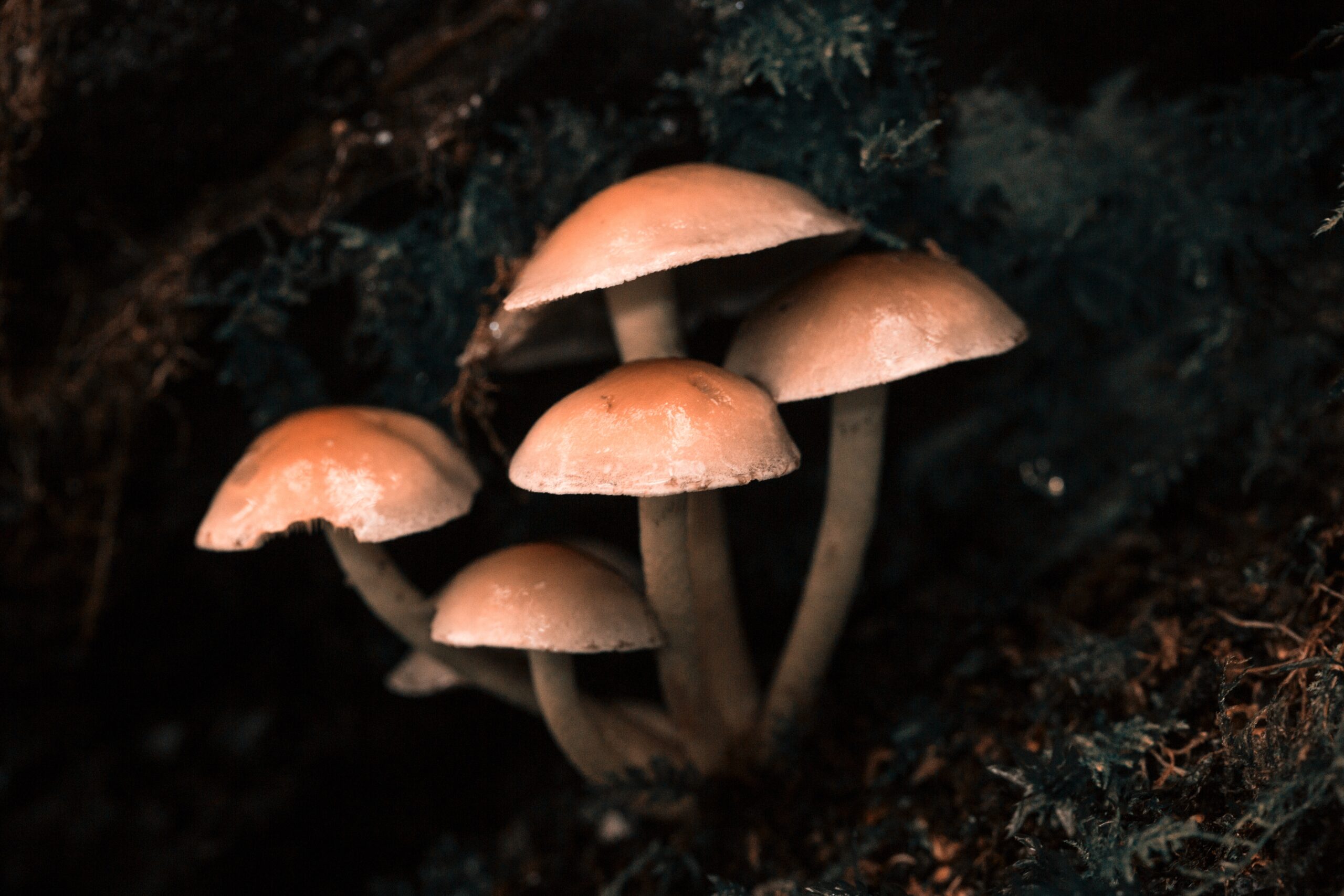The botanical compound known as kratom, extracted from the Mitragyna speciosa tree leaves, has drawn interest due to its possible medicinal uses. Of all the queries about this herbal medicine, one is particularly common: Is Kratom a good antidepressant? To investigate this question, it is critical to comprehend the characteristics, interactions, and possible effects of Kratom on mood regulation. Can kratom be used as an antidepressant?
The Effects of Kratom on Neurochemistry and Mood
Alkaloids found in Kratom, such as mitragynine and 7-hydroxy mitragynine, interact with the brain’s opioid receptors. By altering neurotransmitter systems, these interactions may impact mood, perception of pain, and stress reaction. These effects have prompted some people to investigate Kratom as a potential stand-in for treating depression symptoms.
Analyzing the Potential of Antidepressants: Personal Narratives
Analyzing the Potential of Antidepressants: Personal Narratives
Personal experiences and anecdotal reports are frequently the first to reveal a substance’s possible impacts on mood control. Regarding Kratom, many people have discussed their subjective experiences, implying a connection between kratom usage and better mood, which feeds into conjecture regarding its potential antidepressant qualities.
Effects on Mood Enhancement Reported
Users frequently express sentiments of:
Elevated Mood: Anecdotal reports often point to a reported improvement in mood following kratom consumption; some users describe feeling happy or content.
Relaxation and Stress Reduction: A lot of kratom users credit their overall mood to the feeling of relaxation and stress alleviation they experience from using the product.
Euphoria and Energy Boost: Users claim that certain strains of Kratom contribute to an elevated mood since they induce euphoria and provide an energy boost.
Individual Relief Experiences
People who suffer from depression frequently look for treatments that make them feel better when they’re depressed, anxious, or have low energy. Some users assert that Kratom aids in the management of these symptoms, offering momentary respite and promoting an improved mood.
Warnings and Personal Variability
But it’s important to proceed cautiously when dealing with anecdotal experiences. Users’ reactions to Kratom differ greatly because of things like:
Variation in Strain: The effects of various kratom strains can differ. For example, although some users claim that using a particular strain improves their mood, others may have different results or no noticeable mood changes.
Dosage and Tolerance: The best dosage and each person’s tolerance greatly impact how the effects are felt. Due to varying body chemistry or tolerance levels, what could improve one person’s mood may not have the same effect on another.
Other Factors: Variations in the mood-boosting effects of Kratom can also be attributed to lifestyle factors, concurrent drugs, and individual health conditions.
Anecdotal Evidence’s Limits
Anecdotal evidence has inherent limitations, even though it can be informative.
Subjectivity: Unlike scientific research, which is rigorous and objective, anecdotes are based on individual experiences and personal impressions.
Placebo Effect: One factor contributing to the placebo effect is the psychological impact of anticipating a particular result from using a substance.
Concluding Remarks: Harmonizing Personal Narratives with Scientific Research
Anecdotal stories influence initial perceptions of a substance’s possible effects. These tales provide a foundation for future research regarding Kratom and its potential effects on mood management.
Anecdotal experiences offer valuable insights but are not proof in and of themselves. To determine the effectiveness of Kratom in treating depression symptoms, controlled trials, and objective measurements are part of a scientific study that aims to evaluate the substance’s antidepressant properties.
Understanding Kratom’s potential as an antidepressant requires striking a balance between serious scientific study and anecdotal findings. Until more thorough research yields more conclusive results, people thinking about using Kratom to improve their mood or manage depression should proceed with caution and see a healthcare provider.
Scientific Views: Kratom as a Depression Treatment
Through controlled studies and clinical trials, scientists can better understand the biochemical connections, neurological effects, and impact on mood regulation of Kratom, which may have antidepressant properties.
Interactions Between Neurochemicals
The alkaloids found in Kratom, especially mitragynine and 7-hydroxy mitragynine, interact with the brain’s opioid receptors. These interactions modulate the neurotransmitter systems involved in mood regulation, such as the dopamine and serotonin pathways. It is theoretically possible that Kratom influences these neurotransmitters, and so affects mood.
Current Studies and Research
Although there isn’t much research on how Kratom affects mood or whether it can be used as an antidepressant, certain studies have looked into its pharmacological qualities:
Animal Research: In mouse models, some animal research indicates that kratom extracts have effects akin to those of an antidepressant. These findings suggest possible connections between the neurotransmitter systems involved in mood regulation and other systems.
Human Research: There isn’t much human research looking into how Kratom affects mood. According to a survey conducted by the Journal of Psychoactive Drugs, many people who use Kratom for mood enhancement also report using it to relieve depression symptoms. Nevertheless, this study had no controlled settings, which mostly depended on self-reported experiences.
Obstacles and Restrictions
There are several obstacles in the way of scientific research on Kratom’s possible antidepressant effects:
Absence of Controlled Trials: There aren’t any rigorous controlled studies that are especially intended to assess Kratom’s effectiveness as an antidepressant. Controlled research with placebo groups and standardized mood assessments are essential for conclusive results.
Variability in Effects: There can be a large range in how each person reacts to Kratom. It is difficult to extrapolate the effects of cannabis on mood regulation because of its variability, which is influenced by elements including dosage, strain, and a person’s physiological composition.
Safety Concerns: Any clinical investigation with Kratom must carefully evaluate the safety profile of the drug as well as any possible negative effects, such as dependency problems and unpleasant responses
Things to Think About and Possible Hazards
Variability in Effects: Individual physiologies, dose, and strain types can all have a significant impact on how each person reacts to Kratom. A favorable mood influence on one individual may affect another differently.
Safety Concerns: It is important to carefully evaluate the safety profile of Kratom as well as any possible negative effects, such as dependency problems and allergic reactions. The fact that it is categorized as a supplement rather than a controlled substance makes weighing the advantages and disadvantages of it more difficult.
Holistic Health Techniques in the Treatment of Depression
Suffering from depression requires a diversified strategy. It is still essential to incorporate holistic wellness practices when investigating natural medicines such as Kratom. The core elements of depression management are lifestyle changes, exercise, counseling, and a well-balanced diet.
Conclusion
Both the scientific and user groups are still curious about the possibility of Kratom acting as an antidepressant. Although anecdotal evidence points to possible mood-altering effects, caution is necessary due to the absence of strong scientific proof.
A balanced approach is necessary to navigate the complications of taking Kratom as a potential antidepressant. It is important to speak with medical professionals, take into account unique health situations, and investigate other approaches to managing depression, such as complementary and conventional therapy.
A more sophisticated understanding of Kratom’s effects on mood regulation and its possible application in the treatment of depression may develop as research and regulatory control continue to advance. People who are thinking about including Kratom into their wellness regimen in the interim should go cautiously, adopting a holistic approach to mental health and well-being and making educated decisions.




